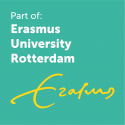Intelligent Water Management Colombia Executive Summary
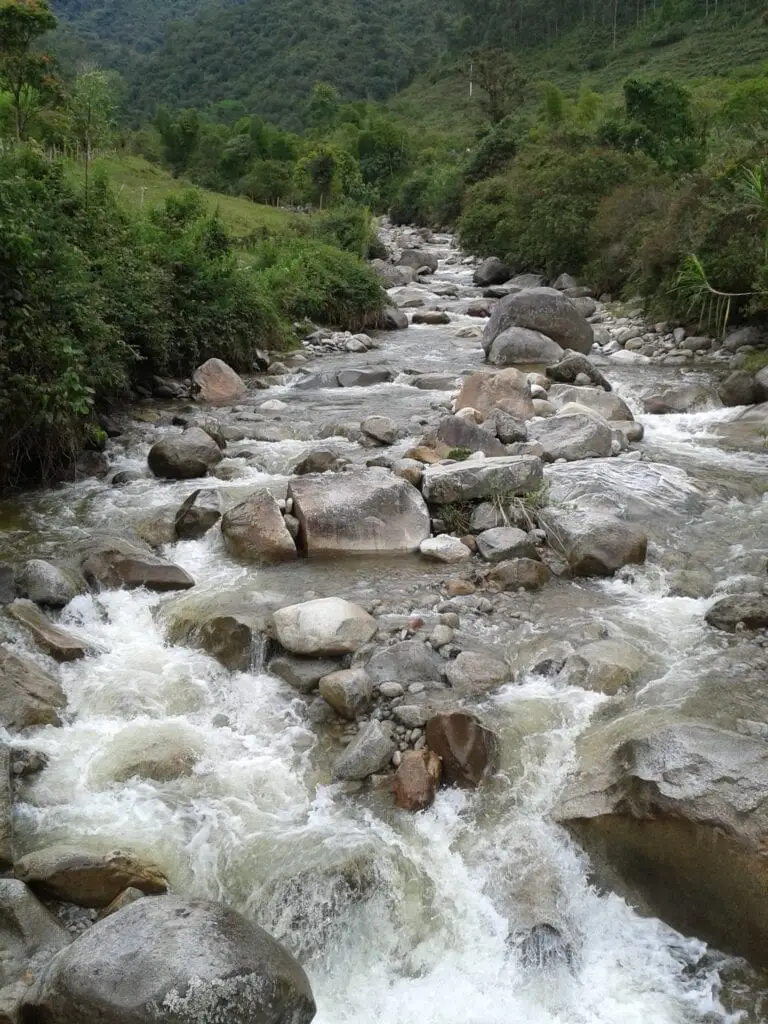
Niek de Jong, Jörg Peters, Ann-Kristin Reitmann and Maximiliane Sievert. Intelligent Water Management Colombia. Executive Summary of the Final Evaluation Report. Report commissioned by the Department of Inclusive Green Growth of the Ministry of Foreign Affairs of the Netherlands. January 2020.
Evaluation of Projects Co-financed by the Sustainable Water Fund (FDW)
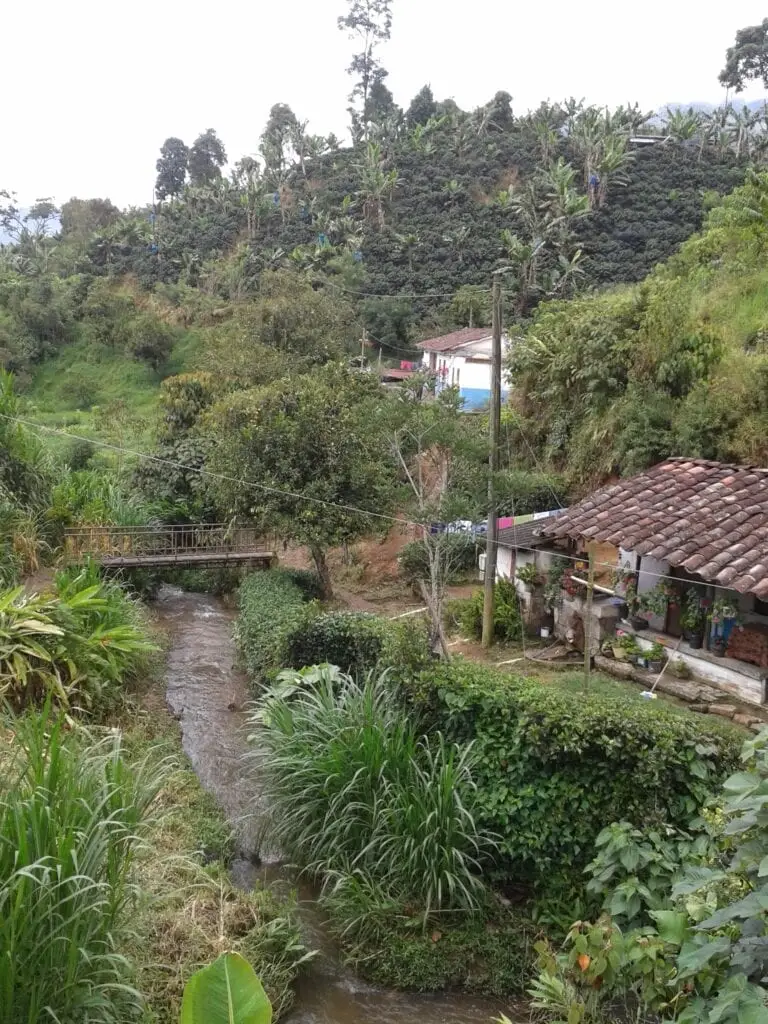
The synthesis report concludes that the projects score moderate to satisfactory on the contribution to poverty alleviation and changes in sustainable growth, self-reliance, food security, safety and public health. The added value of the PPP’s is mostly positive. As for financial, institutional, ecological, technical and social sustainability particularly the projects in Ethiopia show good results. […]
Evaluation of Development-relevant Infrastructure Development Programme ORIO
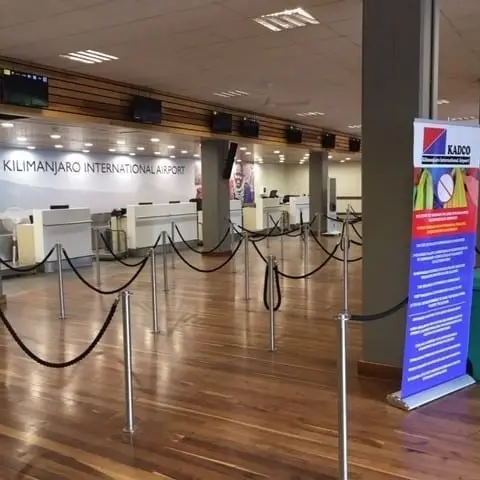
The external evaluation of the ORIO programme assessed its achievements so far. Its main objectives were: to determine the relevance, effectiveness, efficiency, additionality and policy coherence of the ORIO programme; to learn from the assessment of the functioning and effects of the ORIO programme and the use of resources, in order to generate relevant information […]
Evaluation of CBI Integrated Programmes 2012-2018

This external evaluation intended to reflect on and provide input for adjustment of the approach of CBI – the centre for the promotion of imports from developing countries. Its main purpose was therefore to determine a series of lessons and recommendations for the future. It covered three regional Integrated Programmes (IPs) that were implemented in […]
Evaluation of Migrant Entrepreneurship Projects

The aim of this project was the evaluation of the relevance, effectiveness, efficiency, coherence and sustainability of six so-called migrant entrepreneurship projects implemented in the countries of origin of diaspora living in the Netherlands. Implementation period: October 2018 – July 2019 Report: Marije Balt, Willem Cornelissen, Niek de Jong, Wim Naudé and Anja Willemsen. External Evaluation […]
Projections of supply and demand for teachers in Chile
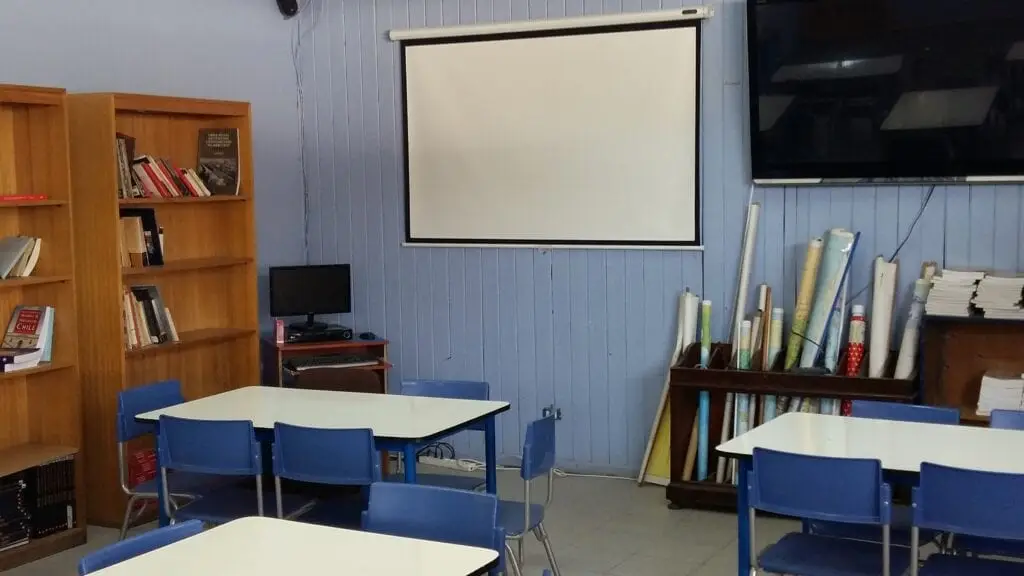
The aim of this project was to study past trends in the labour market for teachers in Chile, to make projections of the supply of and demand for teachers in Chile for the period 2016-2025, using a forecast model with (econometrically) estimated parameters, and to give policy recommendations. Implementation period: November 2016-July 2017 Report: Niek […]
Impact evaluation Electrifying Rural Tanzania: A Grid Extension and Reliability Improvement Intervention
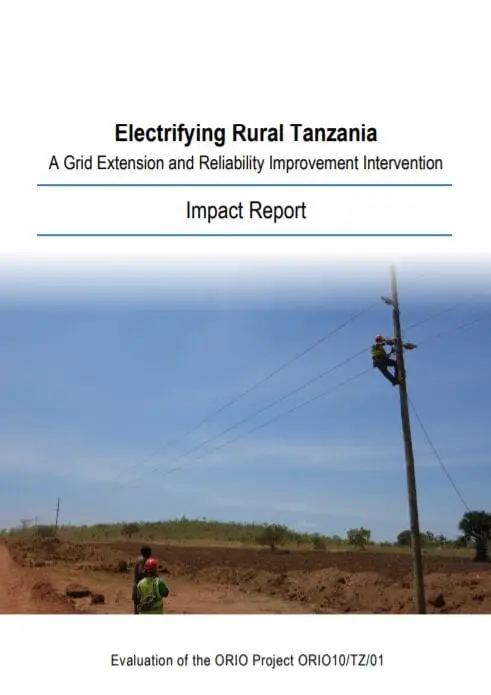
Electrifying Rural Tanzania, a rigorous impact evaluation As assignment under the Framework Contract with the Netherlands Enterprise Agency RVO, the Erasmus University Rotterdam, the Rheinisch-Westfälisches Institut für Wirtschaftsforschung and the Georg August Universität, Göttingen (with the Economics Department of the University of Dar es Salaam as local partner) conducted an impact evaluation for the Electrifying Rural […]
El puerto que no debió construirse (The port that should not have been constructed)
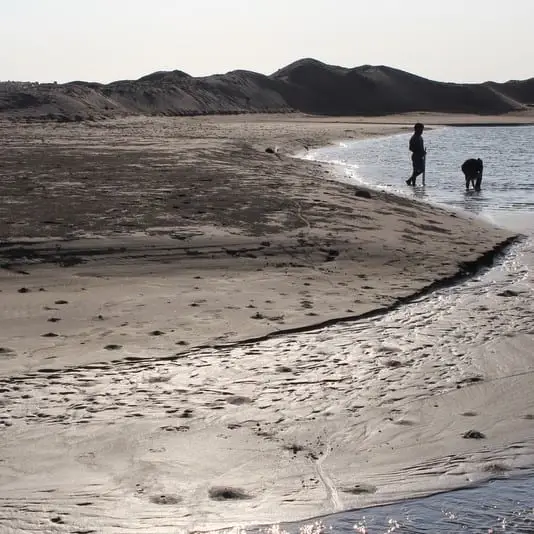
Report: Niek de Jong, Rafael del Cid, Vivian Guzmán and Otto Genee. El puerto que no debió construirse (The port that should not have been constructed). ORET Evaluation 2007-2012 – Case study of Project “Champerico Fishery Port, Guatemala” (ORET transactions GT00017 and GT00018). Rotterdam: Erasmus School of Economics, Erasmus University Rotterdam. March 2015 https://www.iob-evaluatie.nl/binaries/iob-evaluatie/documenten/publicaties/2015/402_bijlagen/bijlagen/guatemala-port/oret-casestudy-guatemala-port.pdf ORIO Evaluation Quantitative […]
Grenada Labour Market Needs Assessment
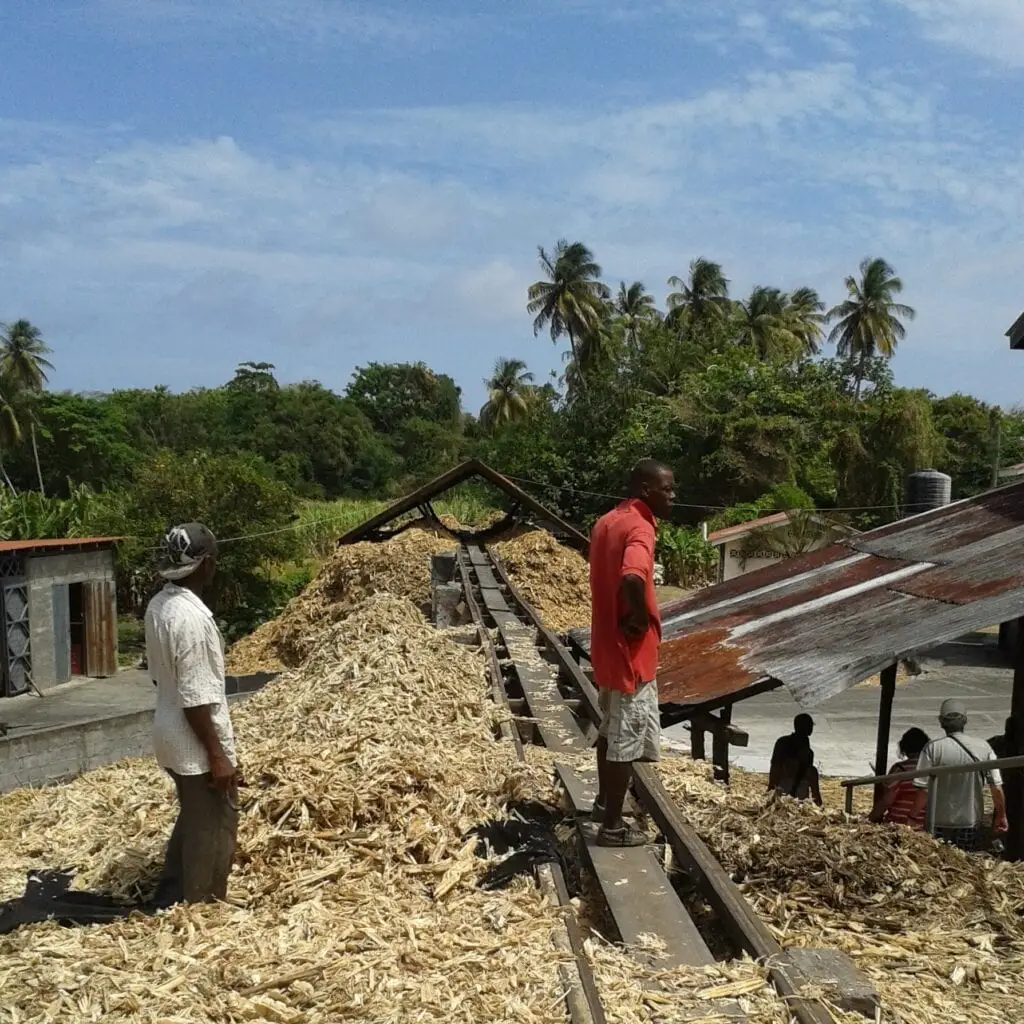
The key objectives of the Labour Market Needs Assessment were: Implementation period: June 2013-May 2014 Report:Niek de Jong and Jaap de Koning. Grenada Labour Market Needs Assessment. Report commissioned by the World Bank and the Government of Grenada in the framework of the Skills for Inclusive Growth project. Rotterdam: SEOR/ERBS, Erasmus University Rotterdam. May 2014
Evaluation of PUM Netherlands Senior Experts 2012-2015
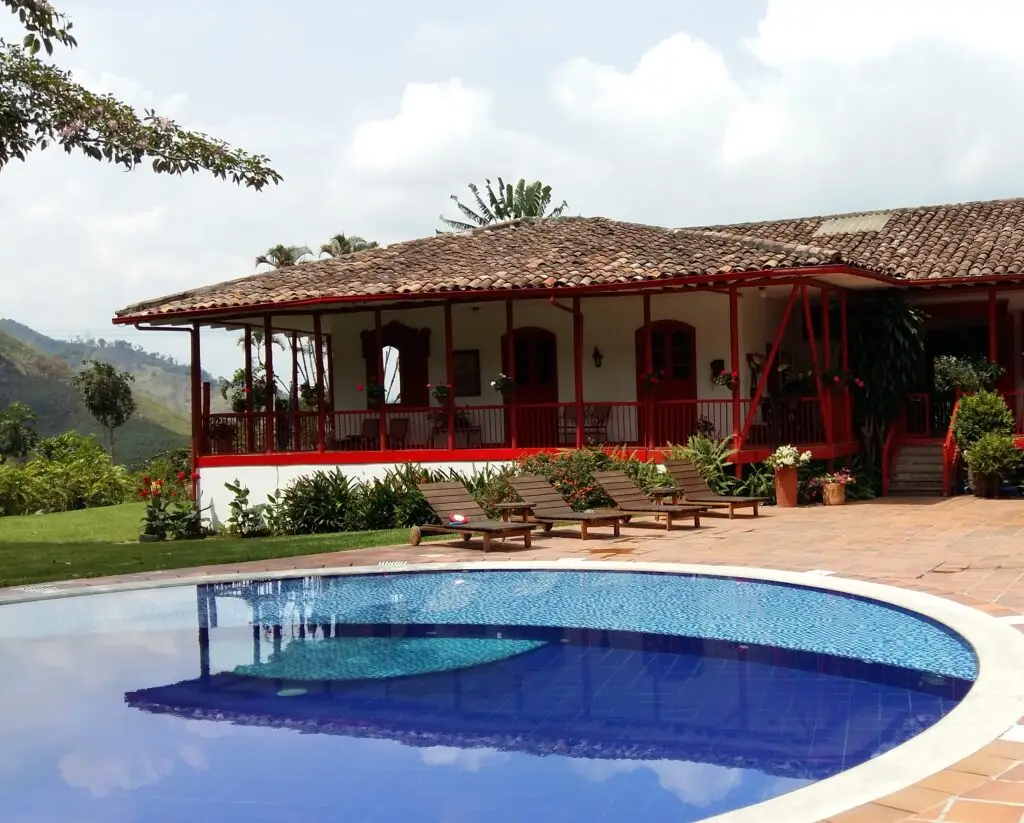
The purpose of the theory-based evaluation of the Evaluation of PUM Netherlands Senior Experts 2012-2015 was to assess the: (continuous) relevance of the PUM programme, including the poverty focus as well as the relevance for the aid and trade agenda; improvement of the monitoring and evaluation function of PUM; adequacy of available management information for […]
